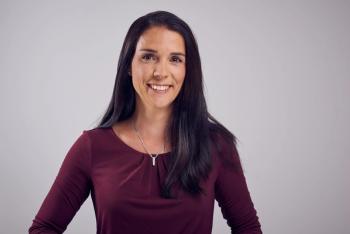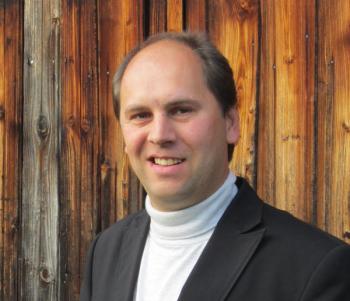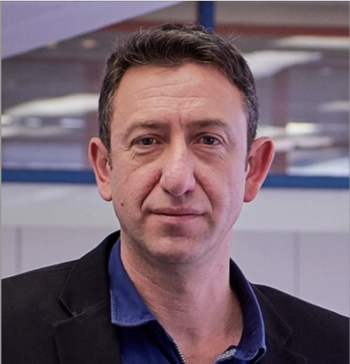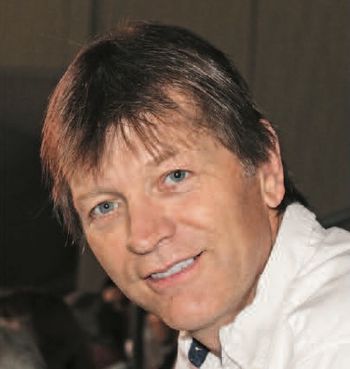
- June 2025
- Volume 21
- Issue 2
- Pages: 19
Perspectives from Women in Analytical Science: Part 1
In the first part of this roundtable discussion focused on the experiences, challenges, and contributions of Women in Chromatography, LCGC International spoke to Ilaria Belluomo, Giorgia Purcaro, and Katelynn Perrault Uptmor about their route into separation science.
In this roundtable discussion focused on the experiences, challenges, and contributions of Women in Chromatography, LCGC International spoke to Ilaria Belluomo, Giorgia Purcaro, and Katelynn Perrault Uptmor. This dialogue delves into some of the key barriers that still need to be addressed for women to thrive in science, explores strategies for enhancing gender inclusivity, and hears invaluable career insights from our panelists, including the best advice they’ve received throughout their journeys.
Ilaria Belluomo is a research fellow at Imperial College London and emerging leader fellow of the Epilepsy Research Institute UK. Her work focuses on the analysis of volatile organic compounds in human breath for non-invasive disease diagnosis, with applications in epilepsy and Parkinson’s research. In addition to her scientific contributions, she is the founder and leader of the Academic Women Association at Imperial College, a network dedicated to supporting women in academia and promoting gender equality within the broader research community.
Giorgia Purcaro is a full professor of analytical chemistry at the University of Liège, Belgium. Her research focuses on the development and miniaturization of sample preparation techniques coupled with chromatography, particularly in food contaminants and quality. She has authored over 140 publications, contributed to 12 book chapters, and delivered more than 200 conference presentations. She has also received the Leslie Ettre Award for the most outstanding contribution in capillary chromatography and the J.Philips Award for her contribution to the field of comprehensive two-dimensional GC.
Katelynn Perrault Uptmor is an assistant professor of chemistry at William & Mary and principal investigator of the Nontargeted Separations Laboratory. With a research focus on fundamental sample preparation and separation processes using comprehensive two-dimensional gas chromatography, her work spans applications in volatile analysis, forensic science, and food products. She has received numerous accolades, including the John B. Phillips Award, and the LCGC Emerging Leader in Chromatography award.
Together, our panelists bring a wealth of expertise and unique perspectives on the evolving landscape of chromatography and the role of women in shaping its future.
Part 1 of this conversation discusses their journey into a career in separation science.
Articles in this issue
7 months ago
Vol 21 No 2 The Column June 2025 Europe Link8 months ago
Living in America: analytica USA8 months ago
Liner Volume Matters8 months ago
PFAS in Food AnalysisNewsletter
Join the global community of analytical scientists who trust LCGC for insights on the latest techniques, trends, and expert solutions in chromatography.




